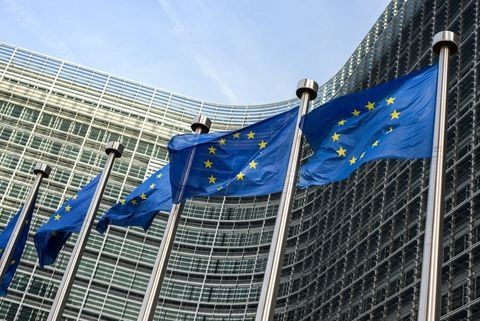FDA Endorses Modern Technologies such as Blockchain to Enhance Product Recall Efforts
Client Alert | 2 min read | 04.25.19
Such Blockchain Use Could Inure to the Benefit of Insurers as well as Industry
On April 23, 2019, the FDA issued new draft guidance regarding the initiation of voluntary product recalls for any food, drug, and device intended for human or animal use, for any cosmetic and biological product for human use, and tobacco products. The guidance takes a three-pronged approach to ensure quick action from the FDA and U.S. companies when faced with potentially dangerous products: employee training, record keeping, and recall procedures.
Regarding record-keeping, the FDA emphasizes that “thorough and organized record-keeping is especially important” to its efforts to “improve recalls through product traceability by tapping into modern approaches such as Blockchain technology” to further advance the FDA’s mission of protecting public health. Federal Drug Administration, Statement from FDA Associate Commissioner for Regulatory Affairs Melinda K. Plaisier, on agency’s new steps to strengthen the process of initiating voluntary recalls (2019) (last visited April 24, 2019). Private companies already have taken important steps to develop and implement Blockchain applications to maintain secure digital records and improve the traceability of their products. For instance, along these lines, Walmart and its Sam’s Club division are planning to implement Blockchain technology to do just that in September 2019 by providing real-time, end-to-end traceability of leafy green products back to their suppliers’ farms.
In time, the adoption of Blockchain by companies to strengthen the voluntary recall process could have positive ramifications for the insurance industry. To the extent companies adopt Blockchain and other best practices to more quickly and easily identify potentially dangerous products, their distribution, and location in the event of a recall, this could speed in the identification and recovery of dangerous products, and ultimately reduce injury.
The use of Blockchain in product recalls also could impact the insurance underwriting process by potentially resulting in more accurate risk assessment, decreased premiums, and increased ease of claims processing. The FDA’s encouragement of the use of Blockchain as one means to enhance the effectiveness and speed of voluntary recall actions – an insurance industry focus – underscores how Blockchain has a practical role to play for industry and how it ultimately may further benefit the insurance industry in the future.
Click here to read the statement made by FDA Associate Commissioner for Regulatory Affairs Melinda K. Plaiser regarding the agency’s issue of new draft guidance on the initiation of regulatory affairs.
Click here to view the proposed draft guidance for the initiation of voluntary recalls.
Contacts
Insights
Client Alert | 3 min read | 06.30.25
The New EU “Pharma Package”: Preparing for the Trilogues
On June 4, 2025, after nearly two years of intense debate and negotiation between the 27 EU Member States, the Council of the European Union adopted its position on the proposed overhaul of the EU general pharmaceutical legislative framework known as the new Pharma Package.
Client Alert | 3 min read | 06.26.25
FDA Targets Gene Editing Clinical Trials in China and other “Hostile Countries”
Client Alert | 3 min read | 06.26.25
Client Alert | 4 min read | 06.26.25
Ninth Circuit Affirms that CIPA Only Applies to Third-Party Eavesdropping



